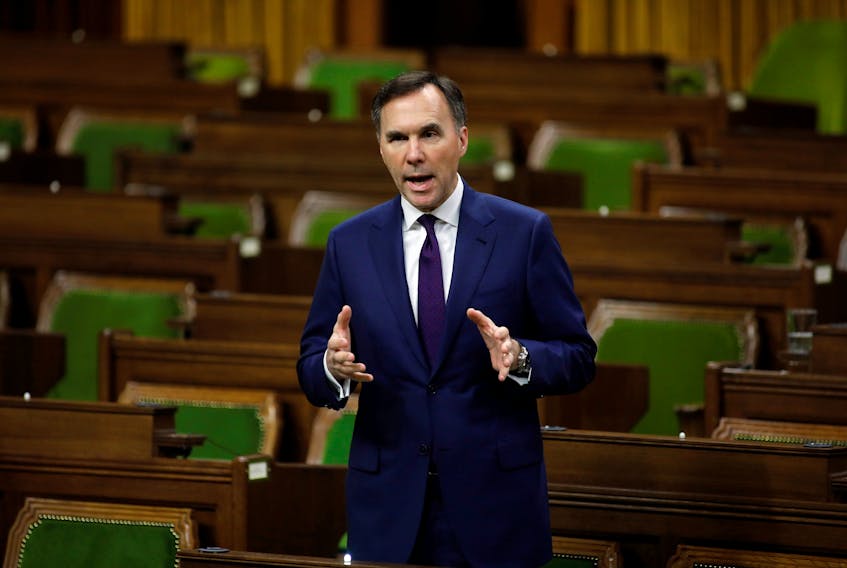If all goes well, it will still be mid-to-late April before federal funds are flowing to the millions of Canadians whose livelihoods have disappeared in the ever-widening path of destruction brought by the coronavirus.
Canada's employment insurance system couldn't handle the volume of applications it was receiving, so the federal government turned to the Canada Revenue Agency (CRA) to administer the new program, called the Canada emergency response benefit (CERB).
The CERB will provide $2,000 a month for up to four months to Canadians who've lost their jobs, are sick, quarantined, or taking care of someone who is sick with COVID-19. Parents who are home, without pay, caring for children also qualify, as do contract workers and the self-employed – people who would not be eligible for Employment Insurance.
As many of us know, the CRA can be a ruthlessly efficient outfit, and all of that efficiency — absent the ruthlessness — will be required to respond effectively to financial circumstances that are already dire for too many individuals and families.
The federal government says a new online portal will be launched in early April to accept applications for the CERB and we're told that Canadians can expect to see the money within 14 days of applying.
Let's hope it all goes off without a hitch, but the CRA admits that the system could be overwhelmed if millions of Canadians try to apply as soon as the portal goes live. It's a lead pipe cinch that millions of Canadians will do just that because most of them need money now.
The best intentions of the federal government notwithstanding, the money will flow at whatever rate CRA's system can process applications. That will determine the gap between the last paycheque and financial aid for many Canadians who are already in desperate need.
About 53 per cent of Canadians report that they live from paycheque to paycheque. Many of those people, and more, will have to survive without a regular income, or any income at all, for weeks.
Provinces have stepped up with a variety of measures designed to help people until the federal money flows.
Nova Scotia put a halt to evictions for people whose income has been affected by COVID-19 and Newfoundland and Labrador Premier Dwight Ball suggested similar action is coming in that province. Prince Edward Island has effectively stopped evictions by cancelling tenancy hearings until April 6.
Many homeowners are eligible for a mortgage payment deferral of up to six months.
Beyond that, governments in Atlantic Canada are partnering with community organizations and businesses to meet the most urgent needs.
In Nova Scotia, the government made a million-dollar contribution to Feed Nova Scotia; in P.E.I. the government and Sobeys partnered to provide $100 in groceries to any Islanders who were laid off as a result of the pandemic, and the government of Newfoundland and Labrador has contributed $500,000 to Food First.
Quebec, Alberta, British Columbia and now New Brunswick have each offered direct funding to citizens, either as a bridge or a supplement to the federal funding. Ontario is also making direct payments to some citizens and has cut power rates for all.
We keep hearing that we are all in this together, and that we will only get through this together. By now, everybody should accept that sense of shared responsibility in fighting the spread of the virus.
The same principle needs to apply to the financial strain that's falling indiscriminately and unevenly on our friends and neighbours.
Without stop-gap measures from provinces, there are individuals and families who will struggle mightily until federal aid arrives.
The Quebec government enlisted the Red Cross to get short-term financial aid to residents of that province.
Thursday, Nova Scotia's Premier Stephen McNeil said his government is looking at ways it can help fill the gap until the federal funds flow.
It seems that those provinces that haven't done so already, need to make financial aid available to close the gap between the last paycheque folks may see for a while and the CERB.









